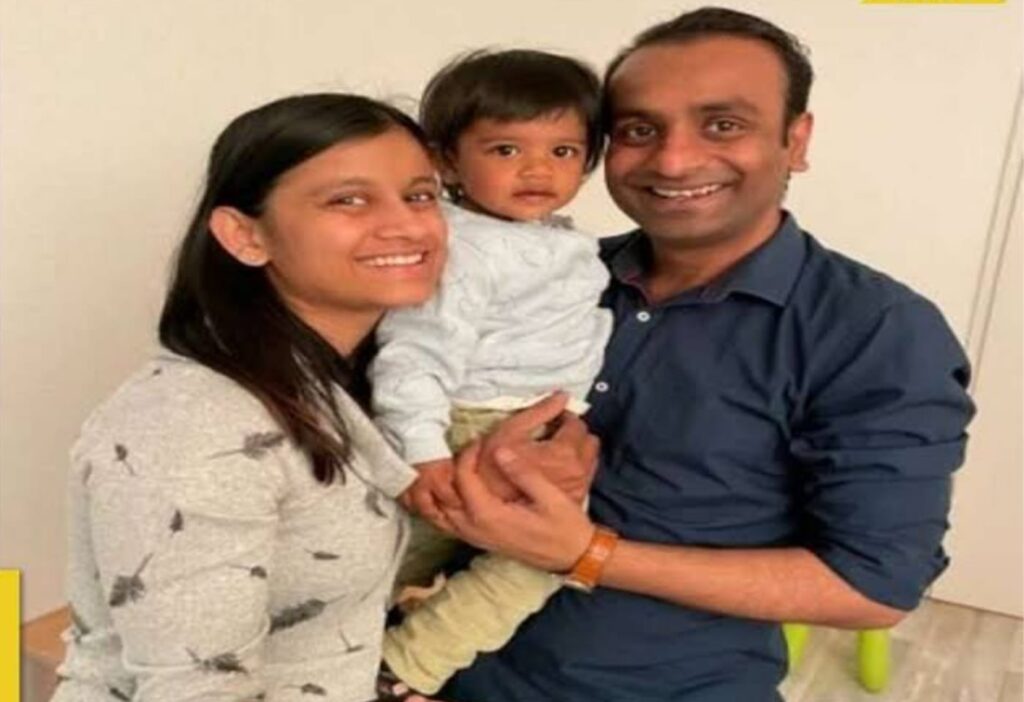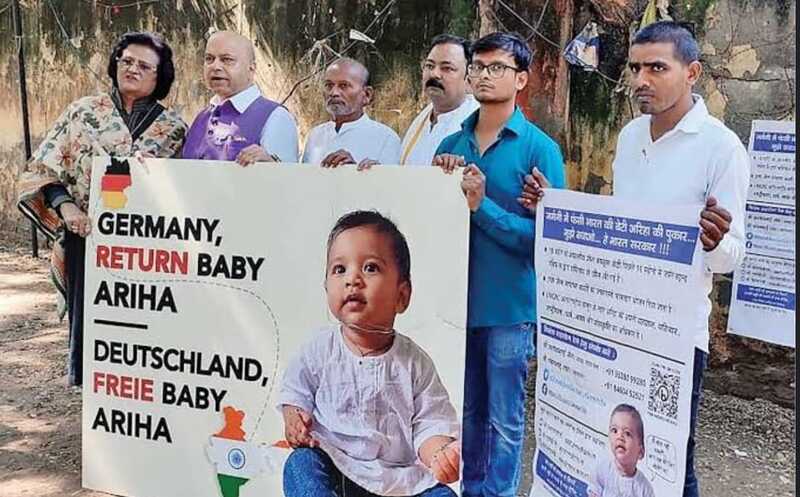Article Today, New Delhi:
A four-year-old Indian girl, Ariha Shah, has become the subject of a diplomatic dispute between India and Germany. The child has been under the custody of German authorities in Berlin since infancy. India has repeatedly requested that she be placed under her parents’ care in her home country. However, officials in Germany have declined to transfer custody.

Indian Government’s Intervention
External Affairs Minister S. Jaishankar raised the matter with his German counterpart this week. He emphasised that the child must be allowed to grow up in her linguistic, cultural, and religious environment. Prime Minister Narendra Modi had earlier spoken about the case directly with the German Chancellor. Despite a sustained campaign in India under the banner “Save Ariha Shah”, German authorities have not altered their stance.
Incident that Triggered Custody
The case originated in 2021 when Ariha, then seven months old, suffered an injury in a domestic accident. During hospital treatment, doctors flagged the matter under German child protection laws as a suspicious case. Authorities intervened immediately and placed the child in foster care through the Berlin Youth Welfare Office. The parents, Bharat Shah and Dhara Shah, software engineers from Gujarat, were allowed only occasional supervised visits.
Legal Proceedings in Berlin
German prosecutors initially suspected sexual abuse but later withdrew the charge after investigation. Nonetheless, Berlin’s Youth Welfare Office filed a civil custody case seeking permanent removal of parental rights. If approved, the child would be declared a ward of the state and raised in an institution. The prospect has caused deep concern for the parents, who also face the expiry of their visas.
Public Campaign in India
Since the intervention began, several non-governmental organisations and public figures in India have appealed for Ariha’s return. Letters have been sent to the Indian government urging diplomatic pressure. While the issue has drawn wide attention at the national level, German authorities maintain that their child welfare laws take precedence over external demands.
Broader Implications
The case highlights the clash between cultural norms and legal frameworks. Analysts note that Indian families abroad often lack awareness of stringent child protection laws in Western countries. The Ariha Shah case underscores the need for better guidance to expatriate families and raises questions on how cross-border custody disputes should be resolved through diplomacy.



